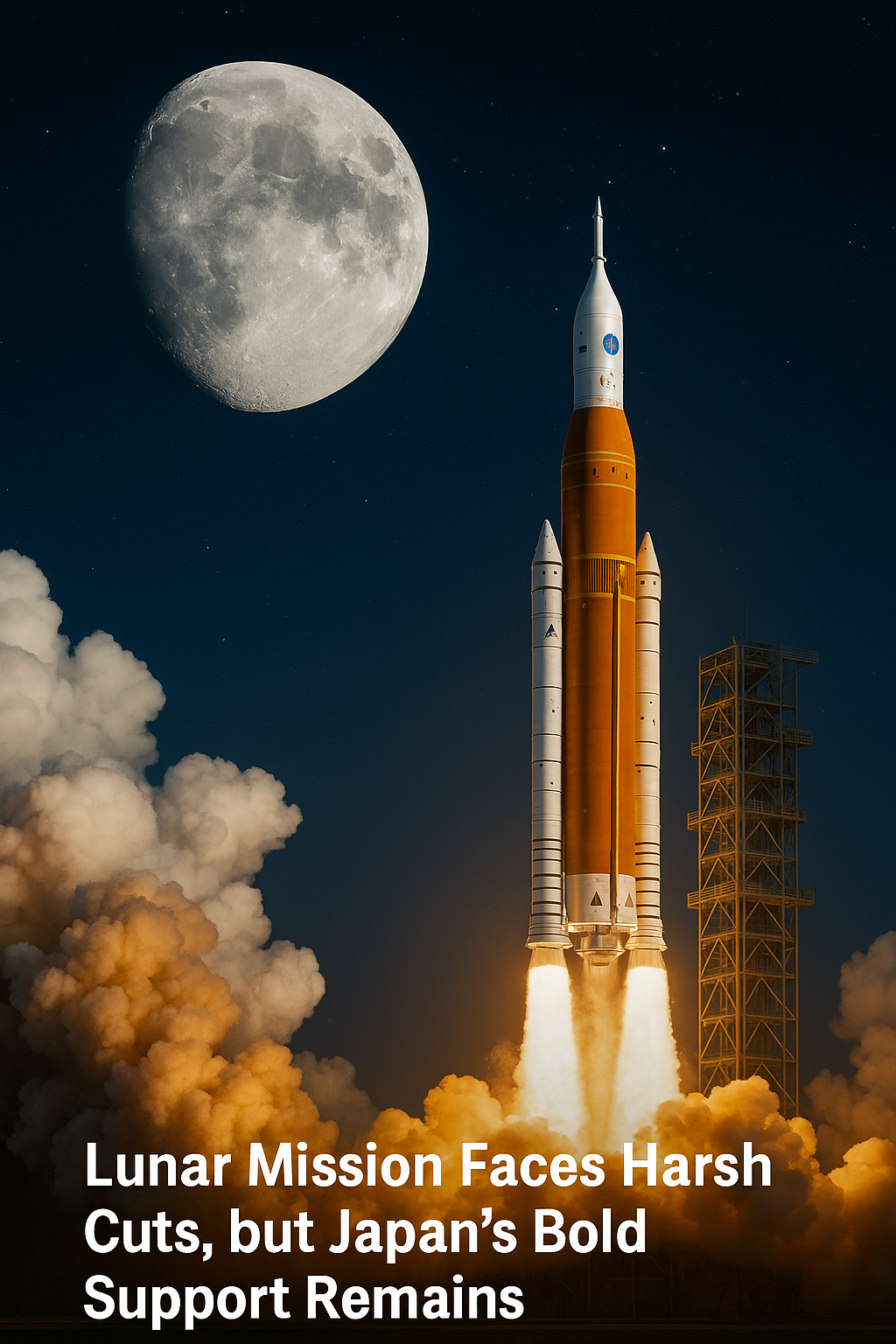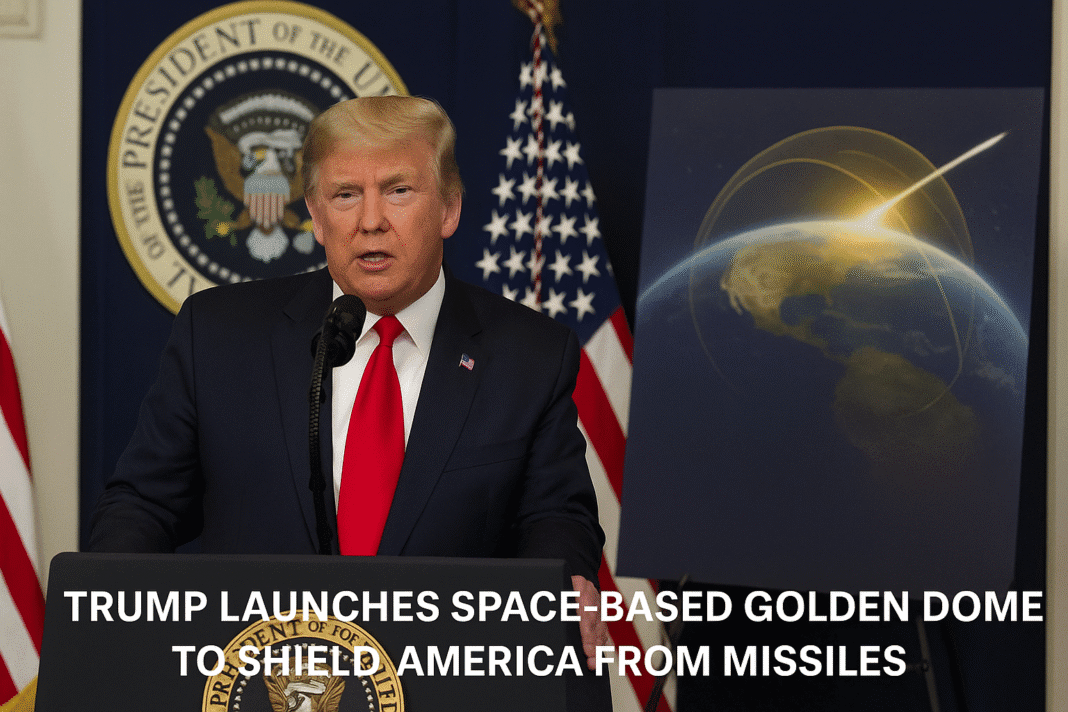NASA’s Lunar Dreams Face Budget Cuts
The United States has recently announced a major cut in its space program budget. The new budget plan, proposed for 2026, reduces NASA’s funding by $6 billion. This is the biggest one-year cut the agency has ever faced. The change puts several important space projects at risk, including the Lunar program to return humans to the Moon.
The Artemis program, which aims to send astronauts to the Lunar surface, could be affected the most. Some parts of it, like the Gateway space station that was supposed to orbit the Moon, might get canceled. Other major projects such as the Mars Sample Return mission and support for the International Space Station are also likely to be reduced or scrapped.
Instead of focusing on the Lunar mission, the new budget wants NASA to spend more money on Mars. Around $1 billion is being added to support Mars-related missions. At the same time, the budget plan suggests stopping the use of NASA’s Space Launch System rocket and the Orion capsule after the Artemis 3 mission, which is expected to happen in 2027.
In this new plan, the U.S. government wants to use more commercial rockets and spacecraft instead of those made by NASA. Private companies, like the one already working with NASA to send astronauts to the Lunar surface, could benefit from this change. However, some people believe that jumping straight to Mars and reducing efforts on the Moon might not be the best idea.
Japan Pledges to Stay Committed
Even with the uncertainty in the U.S. space plans, Japan has said it is still fully committed to helping with the Moon missions. The Japanese space agency has confirmed that it will continue supporting efforts to explore and work on the Moon.
Japan has already played an important role in the Artemis program. The country recently signed an agreement that allows it to send two astronauts to the Moon. It is also building a special rover in partnership with an automobile company to help explore the lunar surface.
In addition, Japan has worked closely with another space agency in Europe to create a living module for the Gateway station. This module would have provided a space where astronauts could live and work while orbiting the Moon. Japan also developed the HTV-X cargo spacecraft to send supplies to the Gateway.
Even though the Gateway project may be canceled under the new U.S. budget, Japan has said it will still provide similar support. It believes that some kind of space station or infrastructure is needed for any Moon mission, no matter what name it goes by. Japan is also offering landing technologies, resupply systems, and data from a lunar water mission that it worked on together with another country.
Japan has made it clear that it wants to continue working with the U.S. and other international partners to make lunar exploration a success. The country sees space as an area where strong partnerships matter and is ready to adapt to changes in the mission.
International Support Grows Stronger
Even though the new budget cuts are a challenge, many countries still support the idea of going back to the Moon. Japan is not the only one that remains committed. Other international partners in the Artemis program have also shown interest in continuing their work.
Some people in the space community think that the global teamwork built through these programs is too important to ignore. Ending the Artemis program halfway through could lead to wasted time and money. The program already has strong backing from lawmakers in the United States, who have supported it from the beginning.
The budget plan’s move to favor Mars over the Moon could change the direction of space exploration. However, many believe that both Moon and Mars missions can be done at the same time with good planning. The idea of skipping one to reach the other is not shared by all.
Despite the budget challenges, Japan’s promise to stand by its commitments could help keep the lunar mission moving forward. The country continues to prepare its astronauts, spacecraft, and systems to support Moon exploration. Its actions show how much international cooperation matters in space projects.
Even if parts of the program change or get renamed, countries like Japan are showing they are willing to stick with the mission. Their support remains strong, even while the U.S. government takes a step back with its funding.




